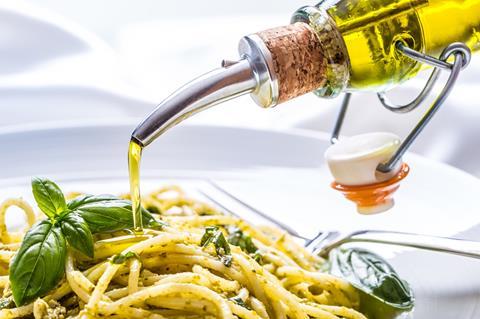
Own-label olive oil prices in supermarkets saw further hikes last week, with a one-litre bottle of Asda’s own-label extra virgin moving up from £3.75 to £4.50, a jump of 20%.
Regular olive oil also saw a hefty £1.05 (or 32.8%) increase to £4.25, according to Assosia data.
The Asda rises came after Tesco upped prices for one-litre own-label olive and extra virgin bottles by between 11% and 32.3% over the first week of July. Sainsbury’s quickly followed Tesco with to-the-penny matching increases, which were in turn largely emulated by Morrisons.
Asda remained less expensive than the rest of the big four, where, after the July increases, a litre of extra virgin averaged £4.65 across the board, with the same amount of regular olive oil costing £4.30 or £4.29.
However, the retailer remained a costlier option for shoppers than Aldi, where a one-litre bottle of own-label olive oil could still be bought for £2.79 on 22 July.
The shelf price increases came either side of Kantar last week saying overall grocery prices had climbed by almost 10% over the past month. Kantar’s estimates were followed by the Office for National Statistics announcing consumer price inflation had risen by 9.4% in June, with food listed alongside fuel as a key driver.
Despite being a relatively less versatile and usually more expensive oil, demand for olive climbed after the Russian invasion of Ukraine caused severe global shortages of sunflower oil. A subsequent temporary ban on exports of palm oil by Indonesia, the world’s biggest source of the world’s most-used oil, further tightened supplies and fuelled price hikes as demand grew for more easily available alternatives.
While global edible oil prices have fallen in recent weeks – as Indonesia’s exports resumed and as talks continued over a now signed deal to allow exports to resume from Ukraine’s Black Sea ports – prices of olive oil have climbed again as concerns grow about the potential impact on the next harvests of the drought in northern Italy and western Spain.
“High temperatures and drought conditions have impacted the setting of the fruit, and this has already impacted volumes for the next crop,” warned Filippo Berio UK chief Walter Zanre, ahead of the end-of-year harvest.
By contrast, the recent hot and dry spell in the UK had “enabled farmers to make a good start” to the domestic rapeseed harvest, levy board AHDB said on Friday.
A global oils and fats price index – compiled by commodities data analysts at Mintec and published last week – showed a fall in recent weeks after spikes in March and April.
“After showing signs of levelling off last month, global grain and oilseed prices fell in June”, S&P Global’s IHS Markit reported in its June commodities overview, also published last week.
Earlier in the month, the Food and Agriculture Organization of the United Nations announced a 7.6% month-on-month drop in global edible oils prices in June – an easing off that nonetheless still left the index 34% higher than a year ago and 113% above 2020.

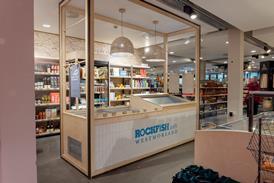

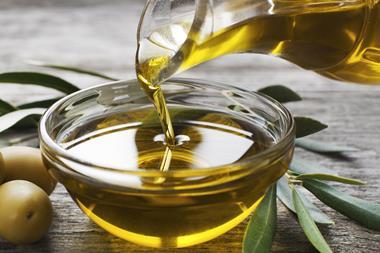
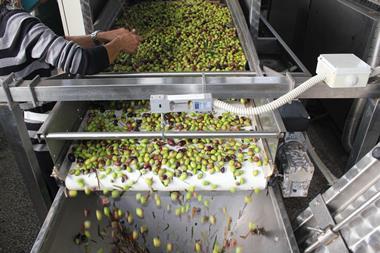
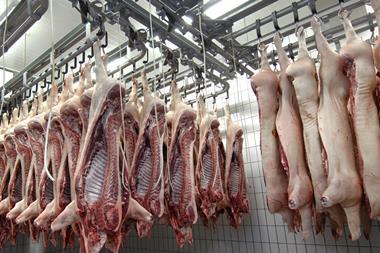
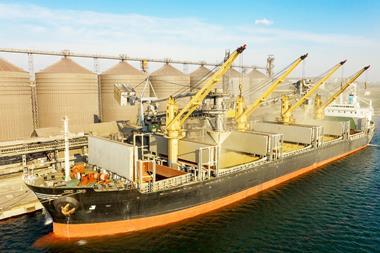
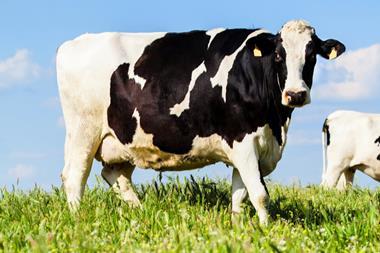
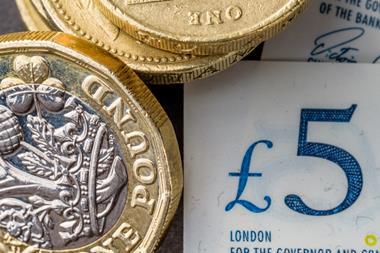
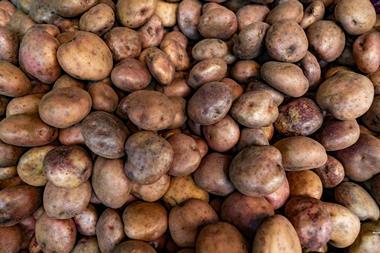
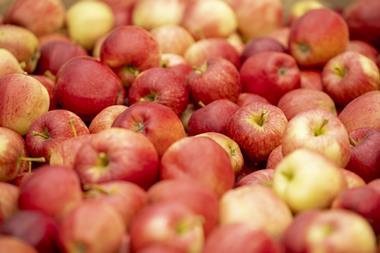

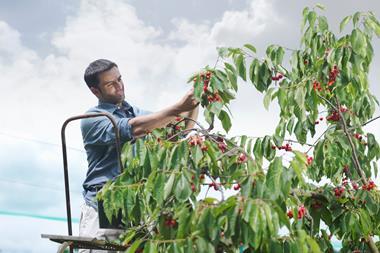
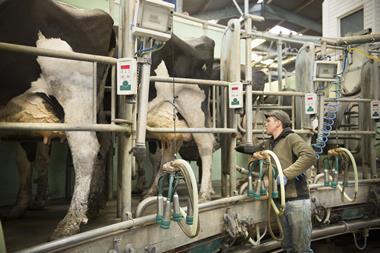
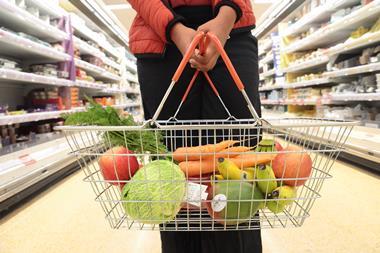
No comments yet